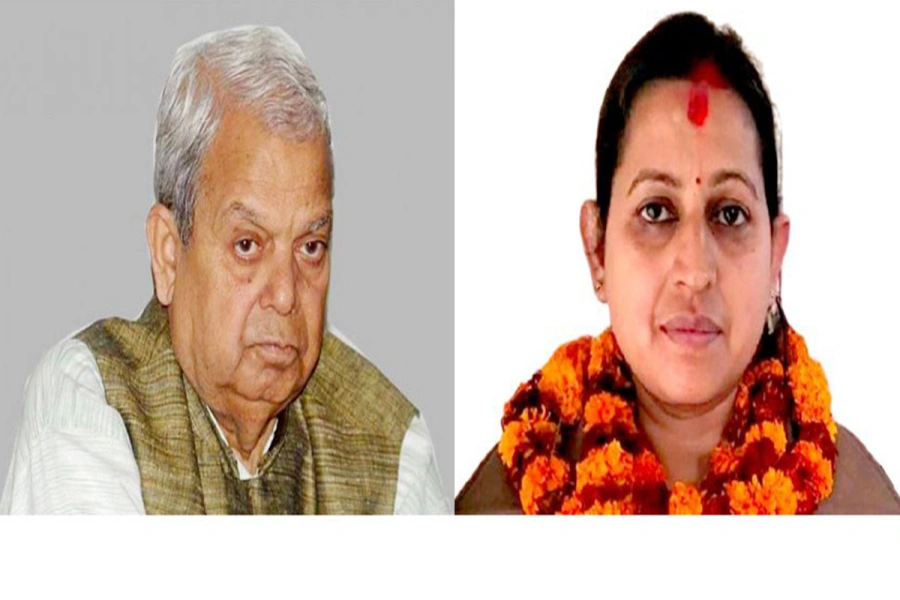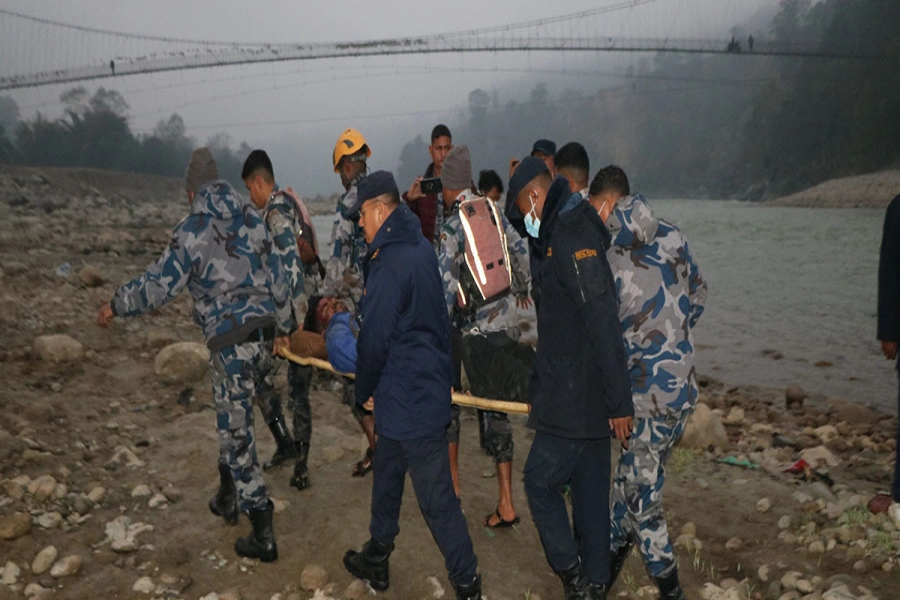KATHMANDU, May 30: While terming Nepal's decision to join the Chinese-initiated One Belt One Road (OBOR) initiative, Chairman of CPN-UML K P Sharma Oli has said that it would help reduce Nepal's heavy reliance on India.
Addressing a function organized by the International Concern Center (ICC) in the capital Tuesday, Chairman Oli said that the decision of his government to sign trade and transit treaties with China had already started undoing Nepal's sole dependence on India and the recent agreement with China on OBOR was a continuation of this.
Nepal's joining OBOR will encourage India to do likewise: Chine...

“We have broken our total dependence on one country. The signing of OBOR is a continuation of the trade and transit treaties [reached earlier with China],” said Oli. “This is a historic opportunity as well. This success has taken our achievement to a new height.”
Nepal signed the Memorandum of Understanding (MoU) on OBOR last month after prolonged indecision. “Big countries should not think about their own interests alone. All neighbors should be taken on board in the development process,” he said, adding that OBOR is not lip service but a real commitment that China has made towards the development of its neighbors.
Also speaking on the occasion, former finance minister Dr Ram Sharan Mahat said Nepal remained constrained for a long time due to its landlocked situation. “In the past, there used to be trade with central Asian countries via Nepal,” said Mahat. “The British wanted to bring the railway they built in Darjeeling up to Kathmandu. But the conservative rulers of the time did not allow it.” Mahat said OBOR is not limited to connectivity alone, but is also concerned with transfer of knowledge, trade and peace.
CPN-UML leader Pradip Gyawali said the rail network that is soon to link up with Nepal must be developed along the north-south corridors. Former governor of Nepal Rastra Bank Yuvraj Khatiwada pointed out the need to further enhance bilateral financial interaction with China if Nepal is to benefit from OBOR.





































